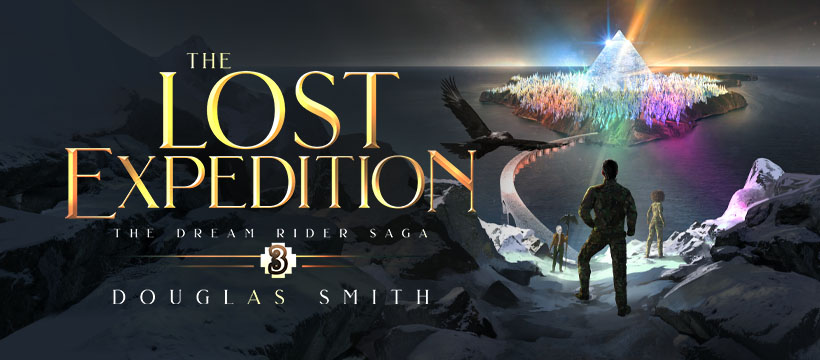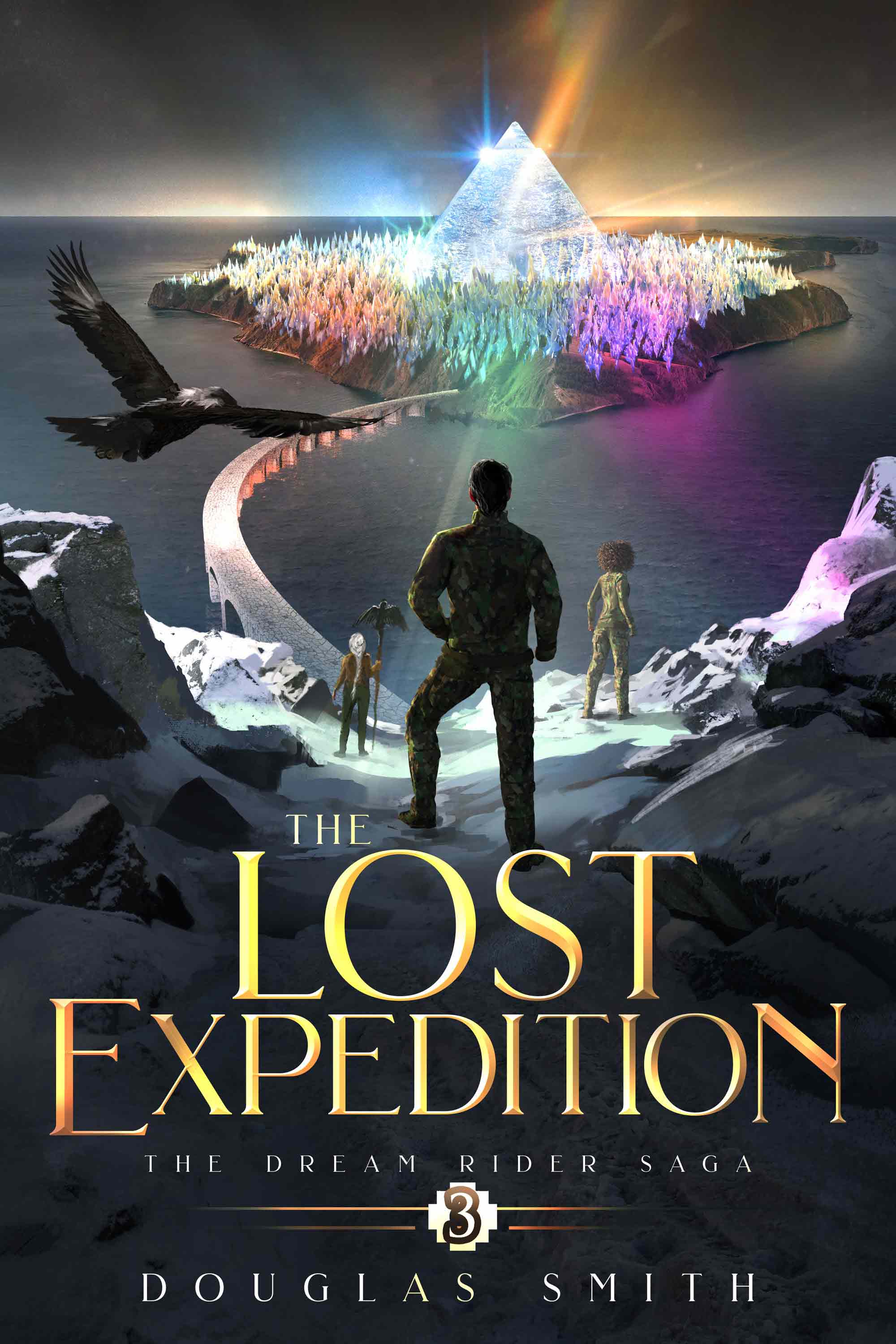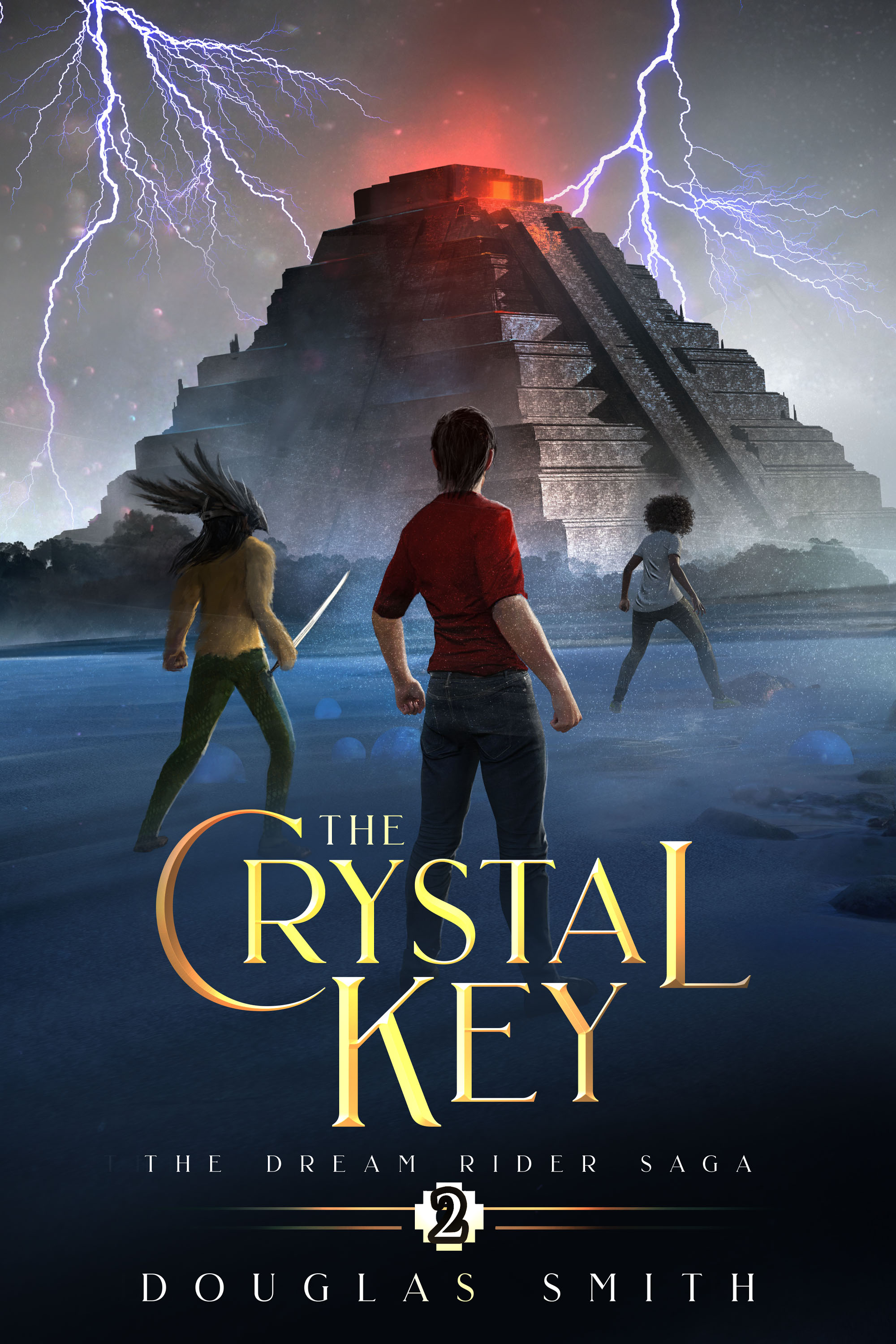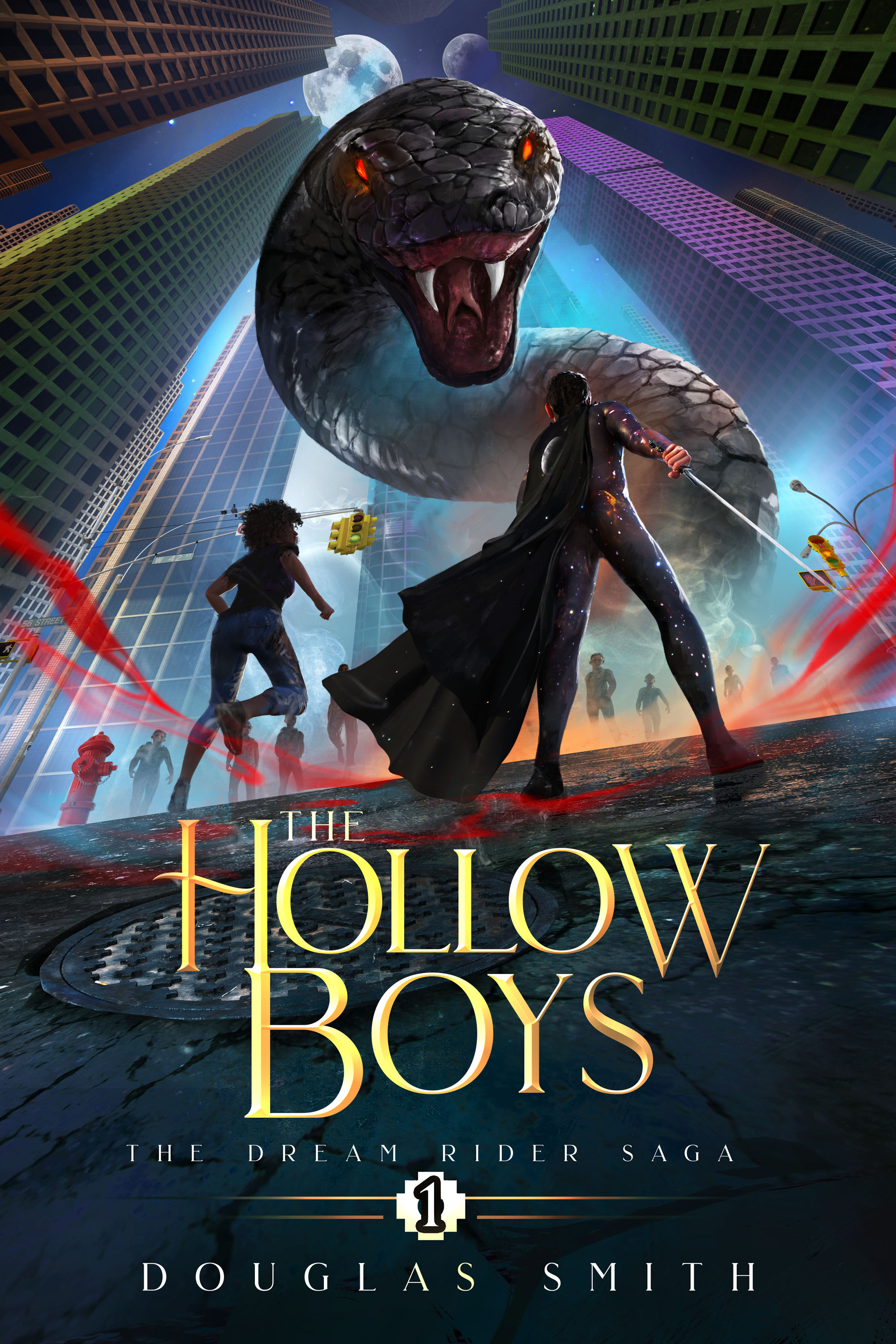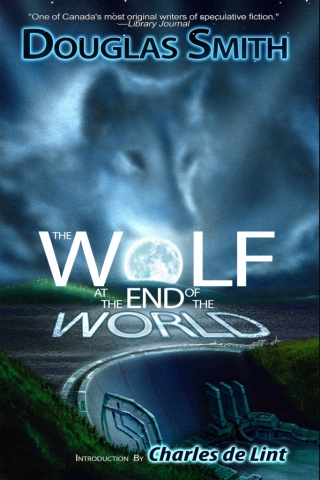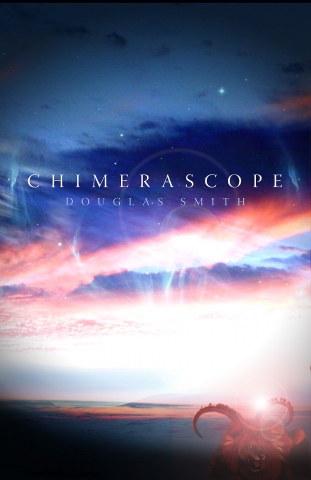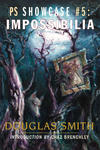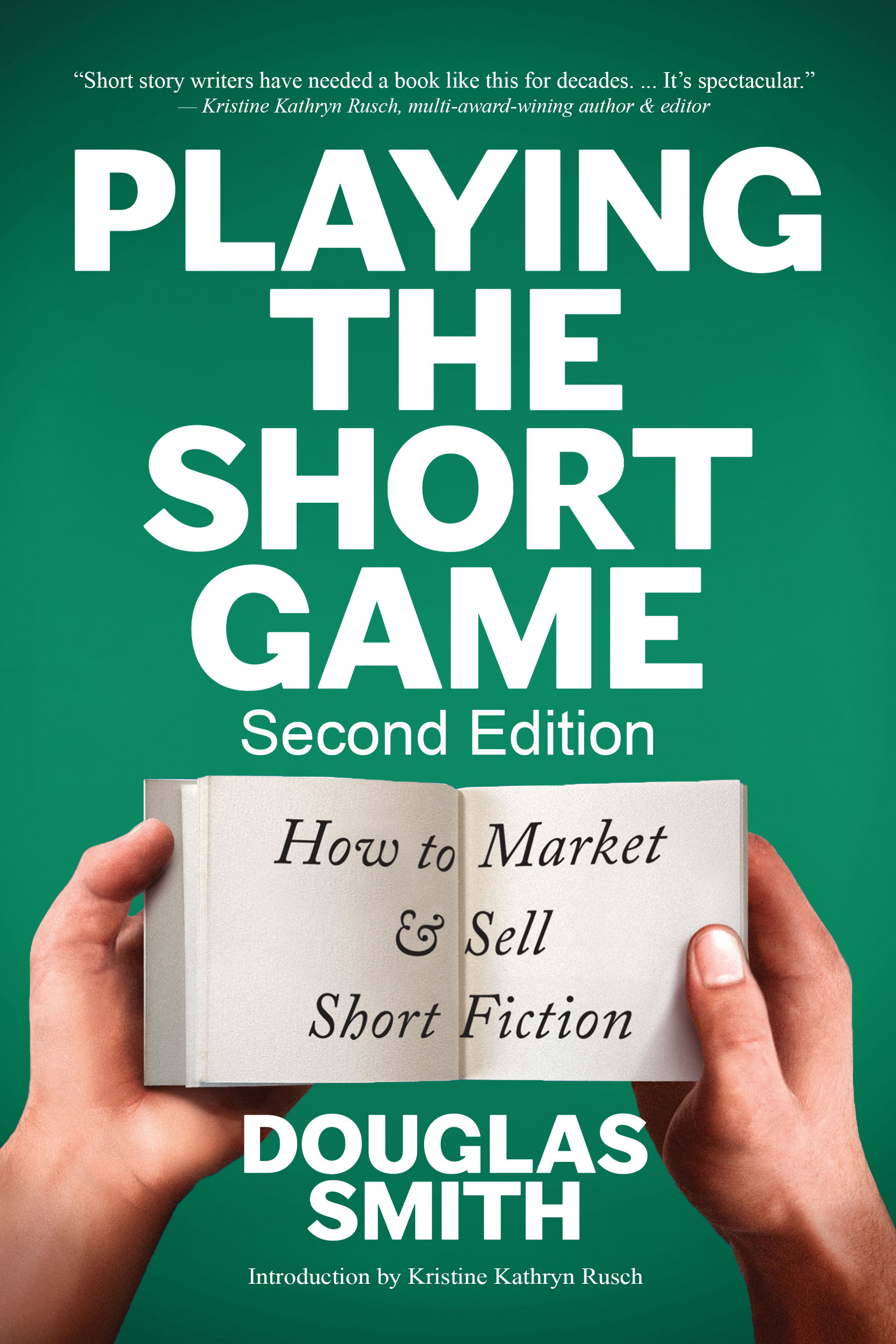Claire Horsnell at Blood and Vegetables ("Horror lit with a side of vegetables") recently interviewed me about my Springsteen stories, small presses in general and ChiZine publication in particular, the By Her Hand movie, Chimerascope and the CBC bookies, and other writing projects. The text of her interview is below.
Although author Douglas Smith is adamant that his own stories aren’t written with political motives, the tales in his first collection, Chimerascope, frequently envision a future of corporate totalitarianism, in which everyday people are at the mercy of forces they can’t control and are faced with the prospect of sacrifice and compromise in order to survive.
It’s a theme that also runs through the work of one of Smith’s inspirations, Bruce Springsteen—and Smith has written a number of stories with titles inspired by Springsteen’s work.
“Springsteen is an astounding storyteller,” says Smith. “His strongest songs are ballads, stories told through real characters, everyday people struggling with whatever life has thrown at them. And there is generally such an attitude of defiance and hope despite the odds against them. So many of his songs just speak to me of the bigger stories behind the ones that he just gets to hint at in just a few lines.” The Boss’s music is an ongoing source of inspiration for Smith. “I have more stories that I want to write based on or inspired by his songs, and someday I’d love to put out a collection of all my Springsteen-inspired stories,” he says. “My dream would be to get his endorsement, include some lyrics of the songs to intro each story, and have all the proceeds go to his favourite charity. It’ll probably never happen, but I’ll keep writing the stories—because I’d do that anyway.”
Chimerascope was published last year by ChiZine Publications and was not only both widely and well reviewed, but was also nominated for the brand new CBC Book Club awards, voted on by readers . “I had quite a few interviews over the year about the book, and it was fun and gratifying to see such a positive response to the collection,” he says. “But having it show up last month on the final ballot for the inaugural ‘Bookies’ took me by surprise. I didn’t even know it was on the ballot until a friend pointed it out. Chimerascope didn’t win, but it was very cool to be on a ballot with names like Stieg Larsson and William Gibson.”
The collection is also eligible for nomination for the Canadian Science Fiction and Fantasy Association’s Aurora Awards; nominations are open until midnight on April 30.
Last year also saw the premiere of By Her Hand, She Draws You Down, an independent short film based on Smith’s story of the same name (which appears in Chimerascope). The film has screened at festivals worldwide, and the plan is ultimately to include it on a DVD anthology of horror shorts. “I’m a huge movie fan,” says Smith, “so this whole experience was a lot of fun, even viewed from a distance, to see one of my tales transformed into another medium. Anthony Sumner of TinyCore Pictures did a great job on the script and directing, and Zoe Daelman Chlanda and Jerry Murdoch were amazing in the two lead roles.”
And Smith is still working hard: his stories have been translated into French for another collection to be published in France later this year (with an introduction by one of his own favourite fantasy writers, Charles de Lint); he’s putting out all his short stories and novelettes in e-reader format; his first novel is with publishers in New York; and not only is he working on his second, he’s planning a graphic novel based on one of his earlier pieces. Quite the schedule.
Smith is also appearing at this weekend’s Ad Astra science fiction conference, in Toronto, on two panels, the first intriguingly title “It’s the Best/Worst Time to Be a Writer.” “Ad Astra is probably my favourite annual convention,” he says. “ It’s fairly small, but it has a strong literature focus compared to many of the genre cons, which tend to have more of a media bent … I imagine that [the panel] will focus on the impact of ebooks on the publishing industry and the options that this presents to writers, being able to self-publish and increase their earnings in a way that has never been available to this degree as it is now. That’s on the ‘best’ side of the coin. On the ‘worst’ side, NYC publishers are proceeding at an even more glacial pace than usual in making buying decisions, and the deals that I’m hearing about involve much lower advances and more aggressive demands regarding rights.” In the light of the current controversy over Dorchester–Leisure’s treatment of their authors, it’s good to be reminded that authors still have options.
The second panel on which Smith will speak covers the small press scene in Canada. “I’ve had two collections now, both with small presses: PS Publishing in the UK (Impossibilia) and ChiZine Publications in Toronto (Chimerascope),” he says. “In both cases, I have nothing but good things to say. PS did a beautiful job with Impossibilia, and I would have gone with them for the second collection, except that I wanted to find a publisher with retail distribution in place. PS wasn’t into retail bookstores, so to get Impossibilia, you had to order from PS (or Amazon) and have it shipped. They also only do limited print runs.” This was about the time that critically acclaimed press ChiZine was getting into gear, run by husband and wife team Brett Savory and Sandra Kasturi.
“I knew and respected both the publishers,” says Smith. “They had distribution deals in Canada, the US, and the UK, and their model was a limited edition signed hardcover with a print run based solely on pre-orders, followed by a trade paperback edition for the retail stores. They have since added ebook editions. Everything with both PS and CZP has been great: lots of input into the cover design, the manuscript TOC, the editing, the quality of the book, the promotion, etc. etc.”
Smith also points to ChiZine as one of the most exciting outfits in the country on the genre scene. “I was absolutely amazed at the visibility that Chimerascope received coming from a small press,” he says. “It was reviewed everywhere. I think Publishers Weekly stated in the Chimerascope review that if they could get a subscription to a publisher the way you could to a magazine, they’d subscribe to CZP to make sure that they never missed a title. Check out any of the other CZP authors: David Nickle, Gemma Files, Bob Boyczuk, Claude Lalumiere, Brent Hayward, to name just a few.”
He cites ChiZine’s Napier’s Bones, by Derryl Murphy as one title to look out for. “I had the opportunity to read an early draft of this one, and it’s just so great to see it out in print,” he says.
And what other upcoming books is he excited about? “I’m looking forward to a new YA urban fantasy series from Charles de Lint,” he says. “One of my all time favourite authors.”
